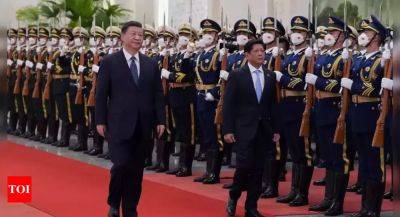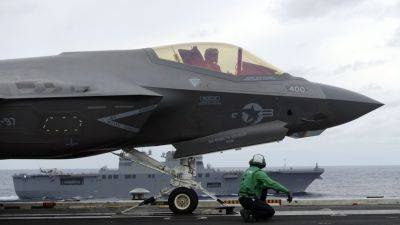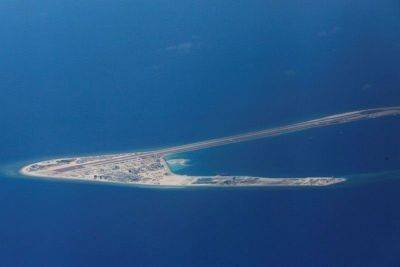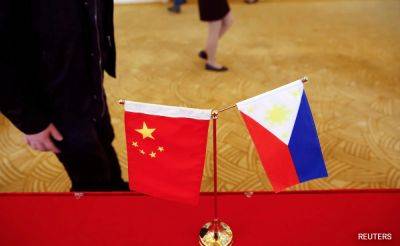China seeks increased EV exports to ASEAN
MANILA, Philippines — Tariffs and policy barriers are limiting the entry of China-produced electric vehicles (EV) into ASEAN member-states, including the Philippines, even as the region is speeding up its transition to cleaner energy sources, according to a Chinese government official.
“We still have a long way to go in the industry, because there are still barriers like tariffs and some policy problems, the export and cooperation between our two sides have still not reached the ideal state,” Lin Shaohua, deputy director of the Gangbei district, Guigang city government, said in an interview.
Lin added that China is working with ASEAN to solve the issue and possibly expedite solutions toward clean energy in the region.
“Other problems like united standard on batteries and tools of EVs are still not fixed. However, we believe that as long as the two sides can find solutions to gradually deal with the problems, the cooperation will become larger and communication will expand,” she said.
Lin noted they are looking to increase exports to the region, especially through its China-ASEAN Vehicle Production Base in the southern city of Guigang in Guangxi province.
The base has exported tens of thousands of EVs to ASEAN members, including Laos, Thailand and Singapore.
“Even though we have small amounts of export to ASEAN countries, a large batch of exported vehicles is still not achieved. We hope that in the future, more EVs like whole batch or whole groups will be exported to ASEAN countries,” Lin said.
The Deloitte 2023 Global Automotive Consumer Study released in May showed growing interest in EVs in ASEAN countries, especially in Singapore and Thailand.
The survey showed that 72 percent of Filipinos still prefer to buy gas or diesel vehicles, which is a 10 percent drop compared to 2022.







